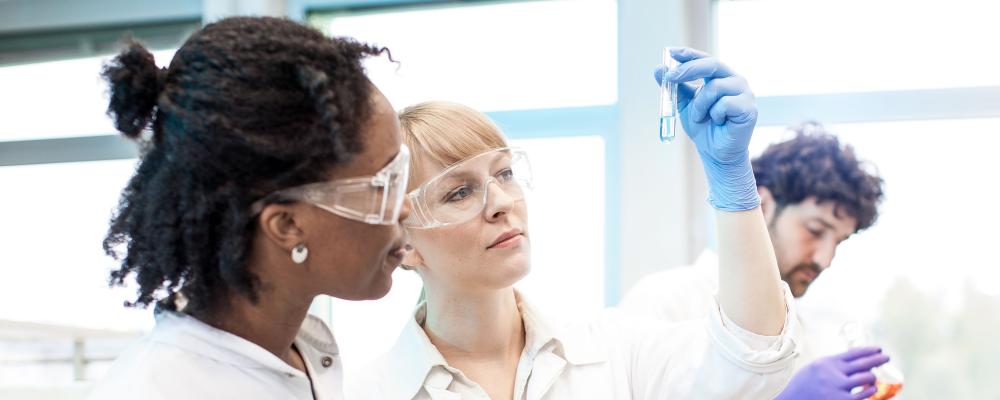Portal Our Laboratories

Pathogenic Escherichia coli (COLiPATH) unit of the Laboratory for Food Safety
Maisons-Alfort site
Head of Unit: Patrick Fach
The Pathogenic Escherichia coli (COLiPATH) unit dedicates its work to the molecular genetics of pathogenic E. coli in humans and/or animals. Pathogenic E. coli are ideal bacteria for evaluation as part of the “One Health” concept. Indeed, they are found in the environment, animals (especially ruminants), numerous foods (meat, dairy products, plant products, water) – where they are responsible for foodborne illnesses – and obviously humans. They can cause problems ranging from simple aqueous diarrhoea to haemolytic and uraemic syndrome (HUS).
The unit's main objectives are to help better characterise the pathogenicity of E. coli strains and study the emergence of new pathogenic groups. To carry out its activities, the unit has a P3 microbiology laboratory (dedicated to the cultivation of shiga toxin-producing E. coli or STEC) and various high-throughput real-time PCR (qPCR) and next-generation sequencing (NGS) platforms.
It works to:
- develop a complete molecular serotyping system, to characterise E. coli strains using a high-throughput PCR and/or whole-genome sequencing (WGS) approach;
- analyse the “mobilome” (all mobile genetic elements) and “virulome” (all genes that contribute to the establishment of pathogenicity) in pathogenic E. coli and identify biomarkers of interest for diagnostic or epidemiological purposes;
- characterise the genetic diversity of pathogenic E. coli, by implementing whole- and core-genome multilocus sequence typing (Wg-MLST and Cg-MLST) techniques and studying CRISPR loci;
- study the genetic diversity of stx phages in STEC and other hybrid pathogenic groups;
- study genetic markers of antimicrobial resistance in E. coli;
- use metagenomics to study host factors and the microbiome of environments in which pathogenic E. coli persist.